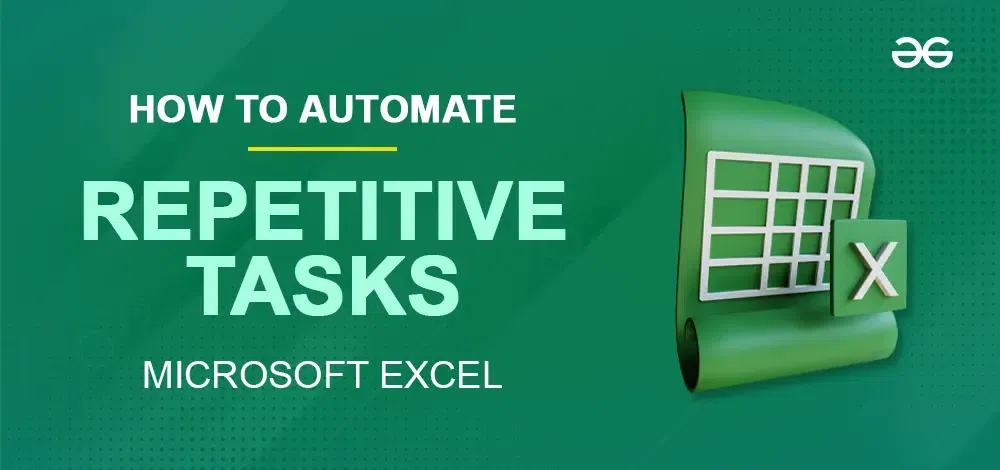
Excel is an incredibly versatile tool with powerful data analysis, reporting, and decision-making features. However, many tasks in Excel can become tedious and repetitive, consuming valuable time and effort. The solution is automating these tasks using Macros and VBA (Visual Basic for Applications). Learning how to harness these tools can significantly enhance productivity. Mastering Excel automation with Macros and VBA is a game-changer for professionals pursuing a data analytics course in mumbai.
What Are Macros and VBA?
A macro is a sequence of instructions or actions you record and save in Excel to perform tasks automatically. It is a simple way to automate repetitive tasks without requiring programming knowledge. On the other hand, VBA is a programming language integrated into Excel that allows for more advanced automation and customisation beyond what macros can achieve. For individuals taking a data analytics course in mumbai, understanding the difference between these two is essential for effective Excel automation.
Benefits of Automating Tasks in Excel
- Time Efficiency
Automation significantly reduces the time spent on repetitive tasks such as formatting, data entry, and generating reports. A strong understanding of automation tools, as taught in a data analytics course in mumbai, can save hours of manual effort.
- Error Reduction
Manual tasks are prone to errors, especially when dealing with large datasets. Automation ensures accuracy and consistency, critical for data analysts working with sensitive information. Enrolling in a data analyst course equips learners with the skills to minimise these errors effectively.
- Enhanced Productivity
By automating mundane tasks, you can focus on strategic aspects of your work, such as data analysis and decision-making. Mastering these techniques during a data analyst course gives professionals a competitive edge.
Recording Macros: The First Step
Recording macros is the easiest way to start automating tasks in Excel. The steps are straightforward:
- Open the Developer tab in Excel.
- Click on Record Macro and provide a name for your macro.
- Perform the actions you want to automate, such as formatting cells or applying formulas.
- Click Stop Recording when done.
The macro is now ready for use. If you’re enrolled in a data analytics course in mumbai, you’ll learn how to refine recorded macros for better efficiency.
Using VBA for Advanced Automation
While macros are excellent for basic tasks, VBA enables you to write custom scripts for more complex automation. VBA scripts can:
- Automate data imports and exports.
- Generate dynamic reports.
- Perform data cleansing operations.
For example, a VBA script can automatically sort and filter data based on specific criteria, a skill highly valued in a data analyst course.
Examples of VBA Automation
- Automating Data Entry
VBA can be used to create user forms for efficient data entry. These forms reduce manual errors and ensure data is entered in the correct format. Understanding this functionality is a core aspect of a data analytics course in mumbai.
- Generating Reports
VBA scripts can generate weekly or monthly reports with a single click. The script can pull data from various sheets, perform calculations, and format the results, streamlining the reporting process—a vital skill for those pursuing a data analytics course in mumbai.
- Data Cleaning and Validation
Cleaning datasets manually is time-consuming. VBA allows you to write scripts that remove duplicates, standardise formats, and validate data integrity, which is extensively covered in a data analytics course in mumbai.
Best Practices for Excel Automation
- Plan Before You Automate
Understand the task thoroughly before recording a macro or writing a VBA script. Proper planning ensures the automation process is efficient. Students in a data analytics course in mumbai are often trained to map out automation processes systematically.
- Start Simple
Begin with basic macros before diving into advanced VBA coding. This gradual learning approach is commonly recommended in a data analytics course in mumbai.
- Use Comments in VBA Code
Adding comments in your VBA scripts helps you understand and troubleshoot the code later. This is a best practice emphasised in a data analytics course in mumbai.
- Test Thoroughly
Always test your macros and VBA scripts on a backup file to avoid data loss. This habit is crucial and is often part of the curriculum in a data analytics course in mumbai.
Common Challenges and How to Overcome Them
- Learning Curve
Many beginners find VBA intimidating due to its programming aspect. However, comprehensive training, such as a data analytics course in mumbai, simplifies the learning process.
- Compatibility Issues
Macros and VBA scripts may not work on all versions of Excel or Mac systems. Adapting to these limitations is a critical skill taught in a data analytics course in mumbai.
- Debugging Errors
Errors in VBA scripts can be frustrating. Learning debugging techniques in a data analytics course in mumbai helps troubleshoot and resolve issues effectively.
Real-World Applications of Excel Automation
- Financial Analysis
Macros and VBA are widely used in financial modelling and budgeting, enabling quick updates to economic forecasts. Professionals equipped with skills from a data analytics course in mumbai are well-prepared for such roles.
- Inventory Management
Automating inventory tracking and reporting helps businesses maintain optimal stock levels. This application is often explored in a data analytics course in mumbai.
- HR Analytics
VBA can streamline HR functions like payroll processing and employee data analysis. Mastering such applications during a data analytics course in mumbai opens doors to various career opportunities.
Conclusion
Automating repetitive tasks in Excel using Macros and VBA is not just a productivity booster; it’s a gateway to advanced data analysis and decision-making. For those pursuing a data analytics course in mumbai, gaining expertise in these tools is an essential step toward a successful analytics career. By leveraging automation, professionals can save time, reduce errors, and deliver impactful insights, making them invaluable assets to any organisation.
Business Name: ExcelR- Data Science, Data Analytics, Business Analyst Course Training Mumbai
Address: Unit no. 302, 03rd Floor, Ashok Premises, Old Nagardas Rd, Nicolas Wadi Rd, Mogra Village, Gundavali Gaothan, Andheri E, Mumbai, Maharashtra 400069, Phone: 09108238354, Email: enquiry@excelr.com.





